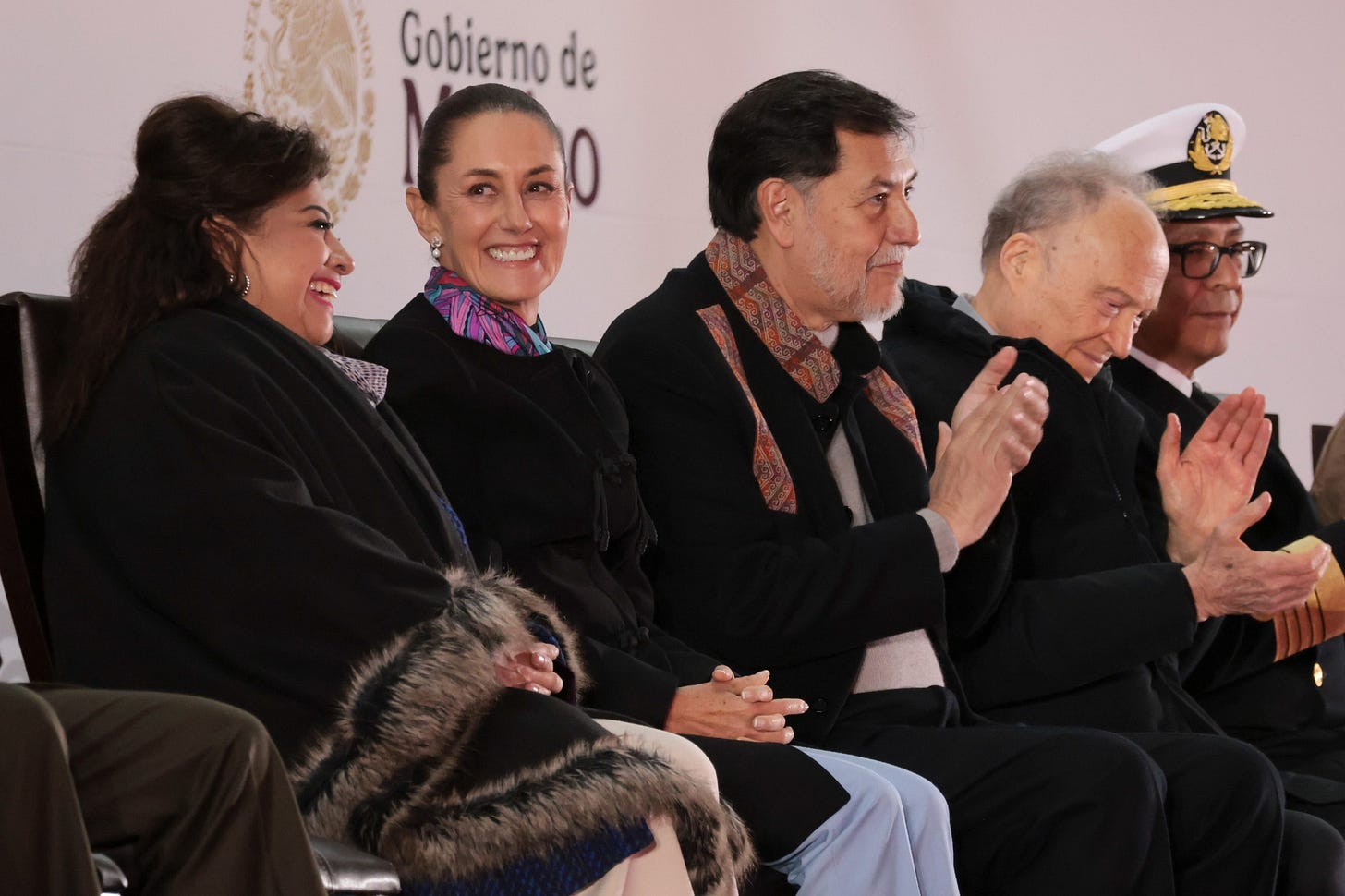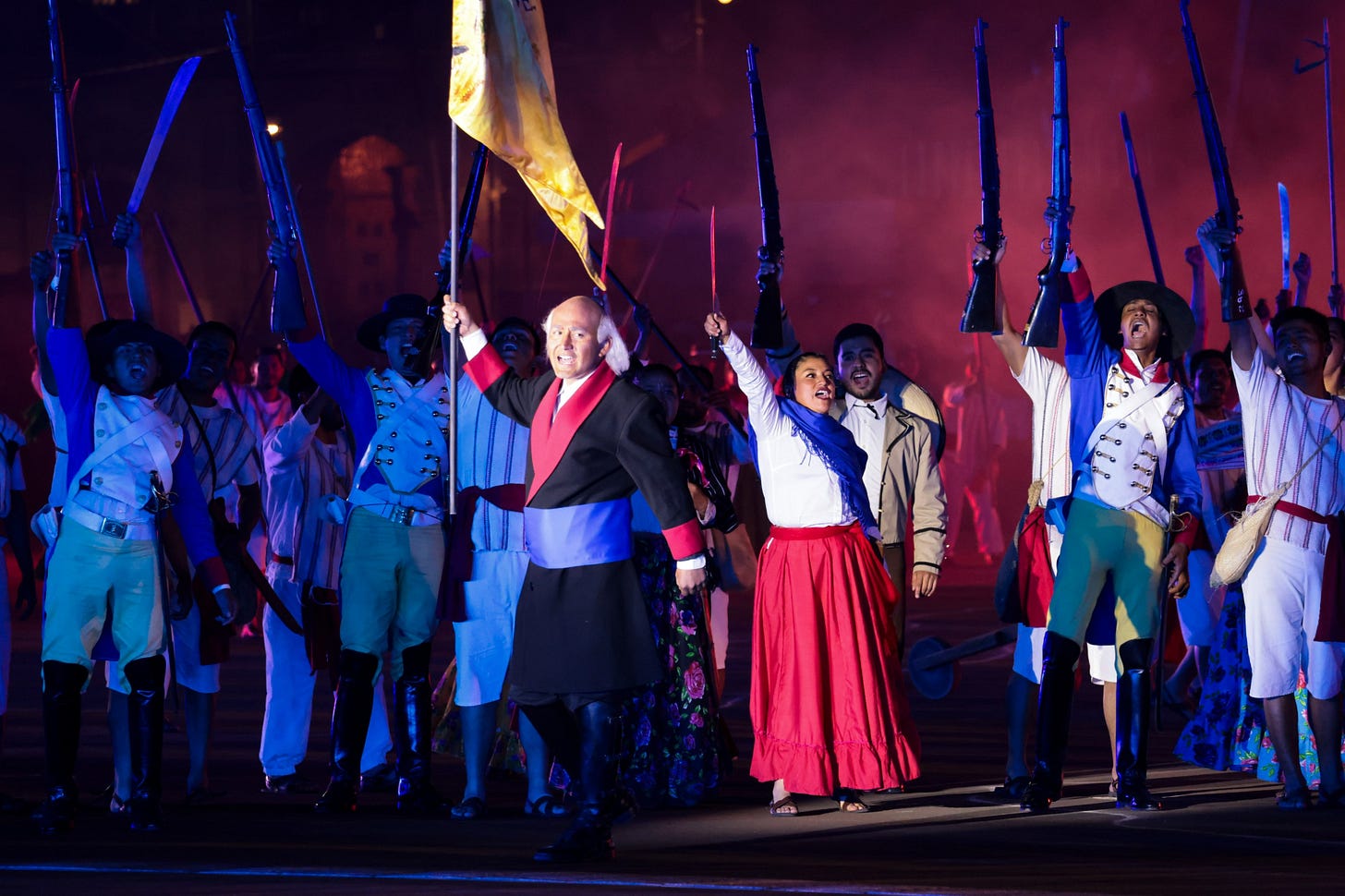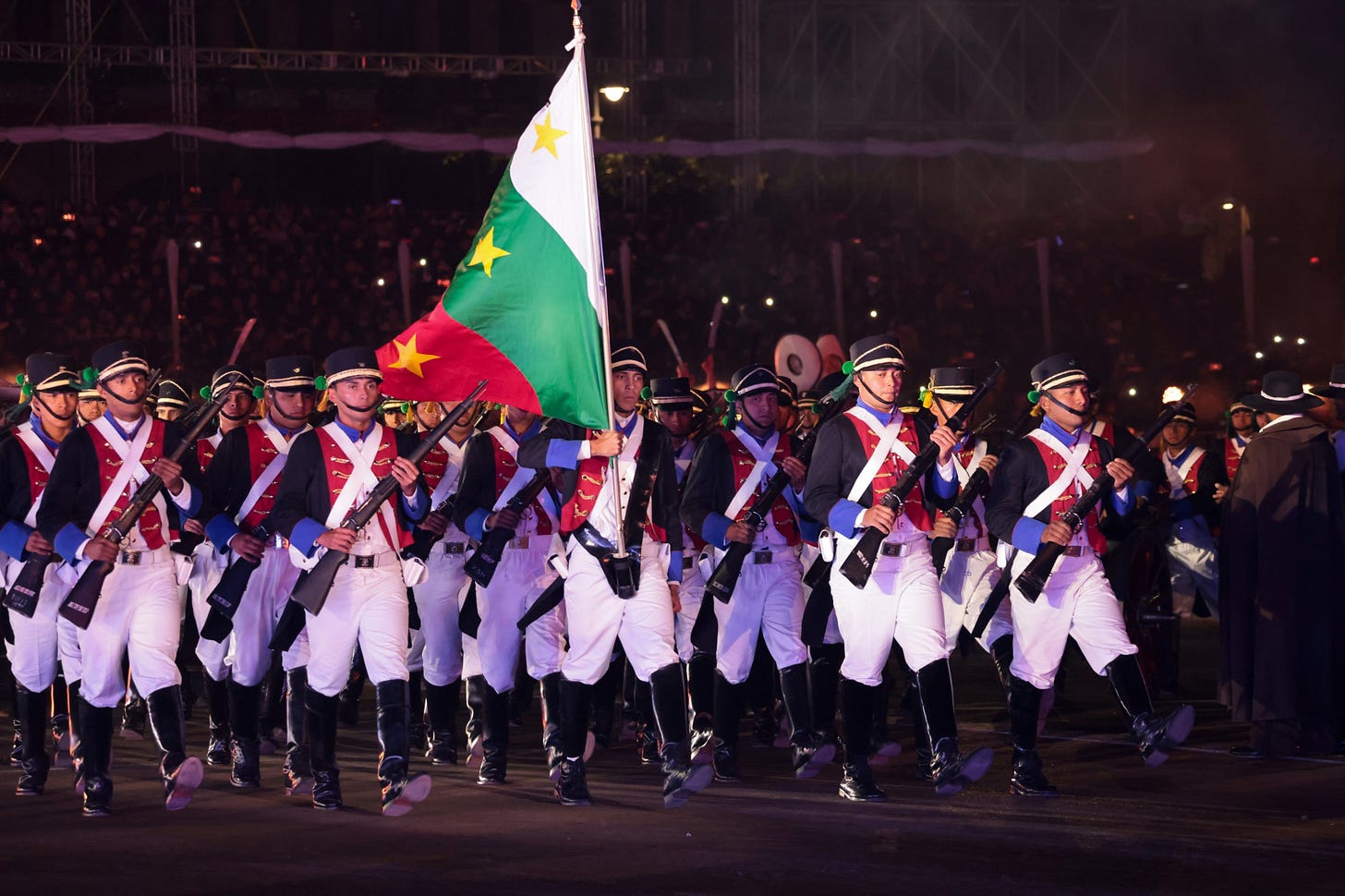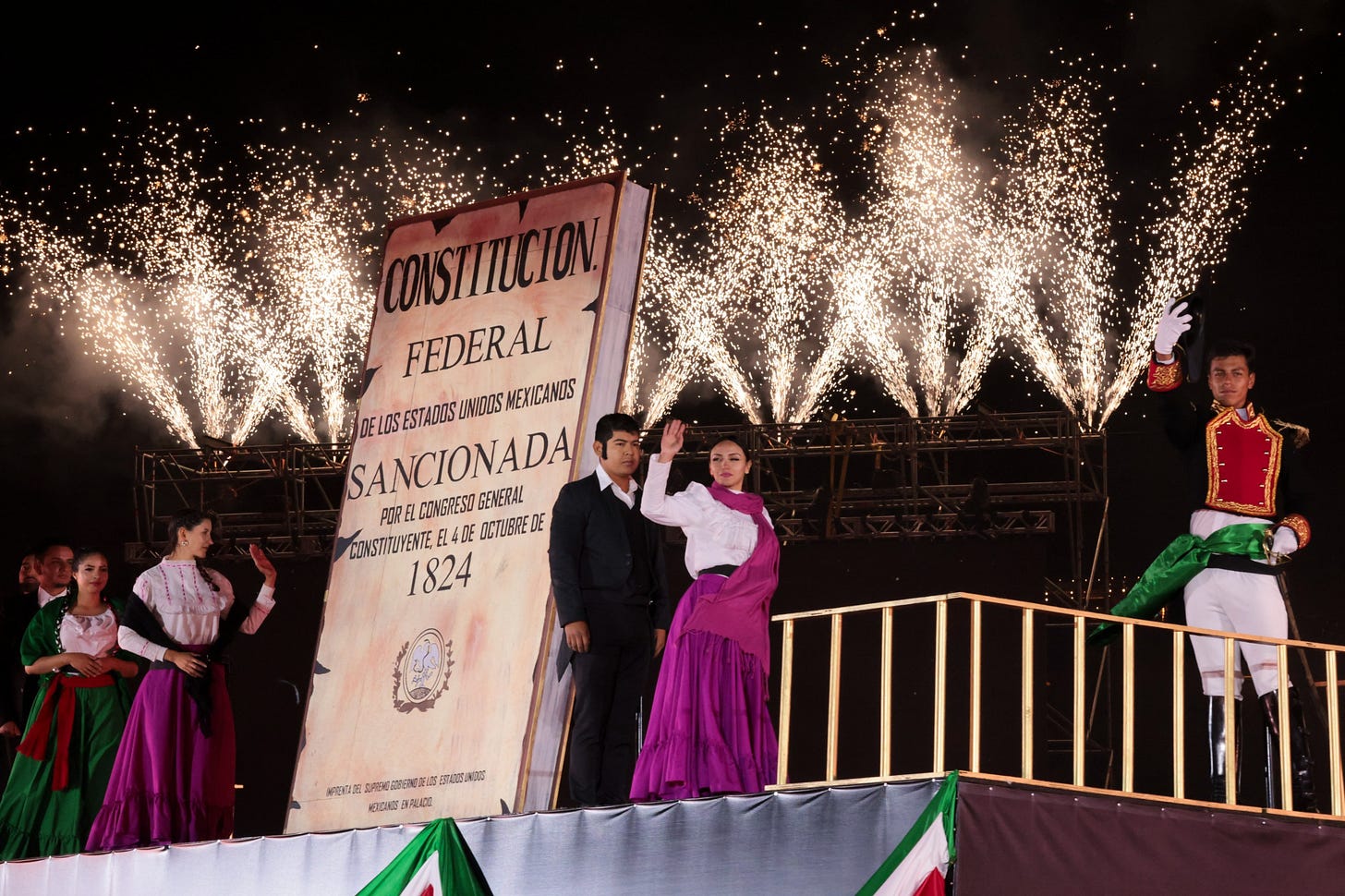200 Years later: Claudia Sheinbaum, the Republic, and It's Legacy
200 years after the first presidency in Mexico, Claudia Sheinbaum leads a commemoration that highlights the power of historical memory and culture as drivers of social transformation.
Today marks 200 years since the establishment of the Republic in Mexico, a milestone that not only ended monarchy and colonialism but also laid the foundation for a political model based on freedom, equality, and popular sovereignty. In the context of this celebration, the ceremony led by President Claudia Sheinbaum in the Zócalo not only invites us to remember the history of the Republic but also to reflect on culture as a driving force for social transformation. Pierre Bourdieu, a French sociologist, theorized about culture as a field of power where social structures are constructed, highlighting how it can be an instrument to perpetuate or change the established order.
According to Bourdieu, cultural capital is a key tool for influencing the class system and power dynamics. In Mexico, the commemoration of the Republic reflects this idea: by remembering the fight for independence, the foundational values of justice, sovereignty, and citizen participation are re-signified and projected as living goals for building our future. The historical memory invoked in events like today’s is a clear example of what Bourdieu calls "symbolic capital": those values and practices that, when recognized and accepted by a society, influence its social structure and evolution.
This act reminds us of the famous phrase, "those who do not know their history are condemned to repeat it." Ignorance of the past limits our ability to understand the present and, even more so, to build a different future. This is where culture, understood as a tool for social transformation, plays a central role: we need to know our history not only to avoid past mistakes but also to use it as a foundation to imagine and design a better future.
In her speech, President Sheinbaum emphasized how the cultural transformation the country has experienced has allowed, for the first time in 200 years, a woman to become president. This cultural shift is also a shift in the structure of power, opening new spaces for participation and the democratization of institutions, as reflected in the recent judicial reform mentioned during the ceremony. Only by understanding and assimilating the historical journey that has brought us here can we push forward the changes still needed to achieve a more just and equitable society.
Understanding the past is not a passive exercise in reminiscing; it is an active act of building the future. As Bourdieu would argue, these types of public acts have a performative power: by reviving republican values and projecting them into the future, a narrative is created that redefines power relations and mobilizes citizens to continue fighting for a more just and egalitarian Mexico.
Culture, then, is not just a reflection of society but a powerful tool that, when used strategically, can modify social reality. Celebrating the Republic is also an act of reaffirming the ideals that allow us to dream of a more equitable and free society. To build the future, we must first understand the past.
Sources:
Bourdieu, P. (1988). Distinction: A Social Critique of the Judgement of Taste. Harvard University Press.
Bourdieu, P. (1991). The Logic of Practice. Stanford University Press.
Sheinbaum Pardo, C. (2024, October 10). Speech at the Bicentennial Ceremony of the Republic [https://www.gob.mx/presidencia/es/articulos/version-estenografica-ceremonia-conmemorativa-de-los-200-anos-de-la-republica?idiom=es].







